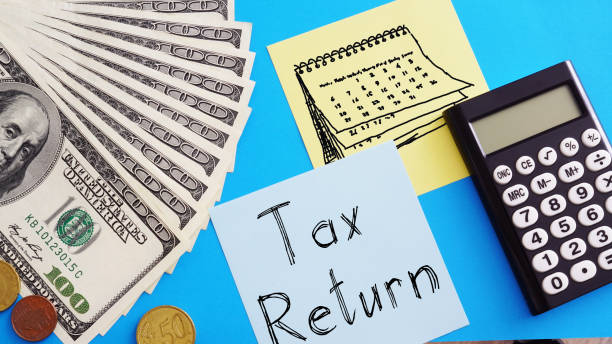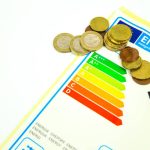Credit cards are nowadays a vital expenditure tool. Credit cards are attractive due to the savings and rewards they offer on your purchases. However, the inability to pay your credit card bill could be costly in terms of cash as well as your credit score. We will now learn more about the consequences of defaulting on credit cards and how to get from it.
What Happens When You Miss A Credit Card Payment?
If you purchase with a credit/debit card, you are entering into a credit-card agreement. It includes essential terms and conditions related to the payment process and default. The catalog of products contains information regarding charges, fees, and interest rates. It is necessary to take the time to understand the conditions of your card.
If you aren’t able to pay the credit card bills in time, one of the primary issues is that the lender will start charging you an Annualized Percentage Rate (APR) interest on your outstanding charge. This can significantly increase the burden already on your shoulders. In addition, the late payment fee, as well as penal APRs, will be imposed.
In the event of a qualifying issue, you could cause more harm to your credit rating in the event that a payment for a month is not made.
We suggest you look at How much a late credit card payment impacts your credit scores.
If you are in default for three months, the credit card you have on file will be canceled and then closed.
If your delay is more than three months, the outstanding balance will be sold to a collection company, and your name will be included on the default list.
If the collection is deemed impossible for your collection agent, you can file a lawsuit could be brought to sue you.
If you’re feeling like reading the latest horror novel, you don’t have to be at the end of the world because there are many ways in which you can bounce back and get things back on track.
Ways To Patch Up Your Credit Card Default
Stop Using The Credit Card
If you believe that you’re or will have missed paying the credit card debt, then stop spending money on your credit card. This will prevent increasing the burden of your debts.
Start As Low As You Can
Pay the balance as far as you can. Paying off your debt doesn’t mean you must pay the entire amount all at once. It is possible to pay your bills whenever you’ve got cash flow. This can lower your financial burden and allow your credit rating to increase over time in small ways.
Balance Transfer
One of the most common methods to pay off unpaid credit card debt is to transfer your obligations to another credit card from a bank. You may also consider personal loans to repay the outstanding credit card. This is known as debt consolidation.
You can convert big-ticket purchases into EMI to avoid having to pay your credit card debt in one month. If you think you won’t be able to pay off the balance in a timely manner and you are unable to pay it off, you can ask your lender to change the outstanding credit card balance into EMI to make it easier to pay.
Get In Touch With Your Lender
Your relationship with your lender could be the bright spot at the end of the tunnel. It is possible to talk with your lender to discuss ways to assist you through the crisis. The lender might also look into an extension of the date of due or any other strategies to prevent credit stress.
Ways To Avoid Falling Into The Credit Card Default
- Only borrow what you are able to pay back. Credit cards can be attractive, with many promotions, but be sure that it doesn’t cause you to spend more than you can afford.
- Prioritize your spending. Set a spending limit for yourself for your credit card. Be aware of your billing cycle and stay clear of making large-ticket purchases anytime near the time of your bill.
- Know the rates of interest and late fees you pay on credit cards. Make sure you pay the credit card with higher rates of interest first.
- Make sure you keep track of your spending on your additional accounts. You may have missed the bigger image while you were focusing only on the credit card. In the event of a default on payment, other cards will impact the credit rating of the cardholder, who is the main one.
Conclusion:
The possibility of defaulting on your credit card is a nightmare, taking the stress off your life. The threat of financial uncertainty could knock on your door at any time. But, it’s recommended to keep a backup plan in place should circumstances aren’t going as planned. Financial discipline is about tracking your spending habits and making sure you pay the balances on time. Be sure that the chances of defaulting on your credit card are not too severe to maintain healthy credit.




